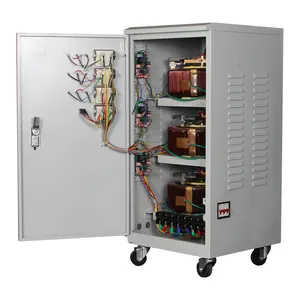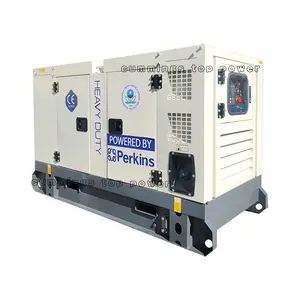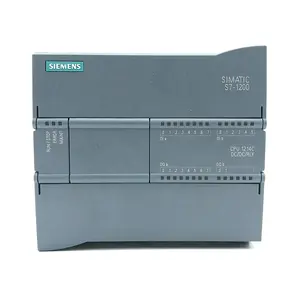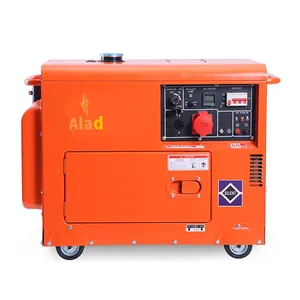Popular in your industry

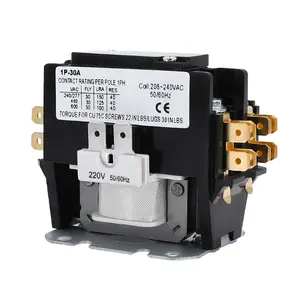















Top categories
About forklift contactor for heli
Forklift Contactor for Heli: An Essential Component for Material Handling
Selecting the appropriate forklift contactor for heli is crucial for the seamless operation of material handling equipment. This component acts as a switch in the electrical system of a forklift, controlling the power to the motor and other critical functions. Understanding the various aspects of these contactors ensures that your forklift operates efficiently and safely.
Understanding Forklift Contactor Types and Applications
Different types of forklift contactors are designed to meet specific operational demands. The primary function of a contactor is to repeatedly establish and interrupt an electrical circuit. When choosing a contactor, it's important to consider the load type it will control—whether it's resistive, inductive, or motor loads—as each has unique electrical characteristics that affect the contactor's performance.
Features and Materials of Forklift Contactors
The construction of a forklift contactor involves robust materials capable of withstanding the rigors of industrial environments. The contacts, usually made of copper alloys, are designed for durability and efficient conductivity. The housing is typically constructed from insulating materials that protect against electrical hazards, while ensuring the contactor's longevity.
Advantages of the Right Forklift Contactor Selection
Choosing the correct forklift contactor brings several advantages. A well-matched contactor will handle the required current without overheating, sticking, or premature wear. This not only extends the life of the contactor but also ensures the safety of the forklift's operation. Additionally, selecting a contactor with the appropriate coil voltage rating is essential to prevent malfunction or damage.
Considerations for Forklift Contactor Integration
Integration of a forklift contactor into your system requires attention to detail. Mounting types and positions should align with your forklift model to avoid assembly issues. It's also important to consider the mechanical and electrical accessories that accompany the contactor, ensuring they are compatible with your specific application. Temperature tolerance is another critical factor, as some contactors may require additional cooling measures to operate effectively.
Performance Features of Forklift Contactors
The performance of a forklift contactor is characterized by its coil response time and the number of auxiliary contacts. A swift response time indicates a reliable contactor, essential for the fast-paced environment of material handling. Auxiliary contacts provide additional functionality, such as signaling and interlocking capabilities, which are integral to the complex operations of a forklift.
In conclusion, the selection of a forklift contactor for heli is a decision that impacts the efficiency and safety of forklift operations. By considering the type, application, features, materials, and performance characteristics, you can ensure the integration of a contactor that meets the demands of your material handling needs. Explore a diverse range of contactors to find the one that aligns with your requirements.
